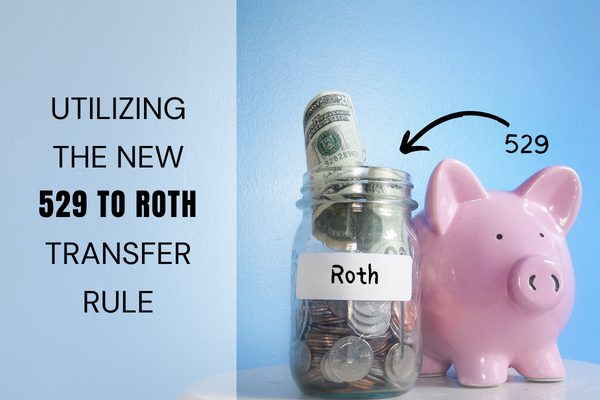Are You Making These 3 Common Estate Planning Mistakes?

Market Perspectives – February 2018
February 12, 2018
Market Perspectives – March 2018
March 6, 2018
You met with an estate attorney. You dotted the i’s, crossed all the t’s, and signed page after page of an estate plan that perfectly outlines where you want your assets to flow at your death. For that, you deserve a pat on the back – the hard work is behind you. Unfortunately, it’s the easy steps that should follow that end up causing the most harm when overlooked.
The first misstep happens far more often than you’d expect. Your loved one passes away, you know he or she had executed estate documents but you have no idea where they are kept. This is the simplest matter to rectify. To avoid this confusion, it’s important to share the location of your estate documents with someone close to you. We are more than happy to keep copies of your important documents such as wills, trusts, and powers of attorney here in the office as a resource for your survivors.
Even if your loved ones were able to locate your documents, finding documents that were drafted more than 30 years ago and never revised or reviewed for accuracy is almost as bad as never finding them in the first place. Most life changing events (i.e., a grandchild’s birth, a divorce, a parent’s death) should spur an estate document review. If no life changing event occurs, we still recommend documents be reviewed by an attorney at least once every 5-10 years. If nothing else, tax law changes need to be taken into account.
The last common issue seems to cause the most confusion. Retirement accounts with designated beneficiaries, such as IRAs and 401(k)s, do not pass by the terms of your Last Will and Testament. Instead, these assets pass to the beneficiaries listed on the account. For example, if your Will declares that all your assets are to be split evenly between your three sons but only two of them are listed on your 401(k) beneficiary designation form, at your death, all the money in your 401(k) will be split between your two named sons, completely leaving out the one excluded – no ifs, ands, or buts. Being aware of the beneficiaries you have listed on your retirement accounts and coordinating them with your estate plan is imperative.
Coping with the death of a loved one is difficult. Dying without a documented estate plan will make your passing exponentially more difficult for your survivors. Not only will an estate plan allow you to control how your assets pass to the people you care about most, it also gives your loved ones relief from having to make tough decisions in an already emotional time.
With a strong understanding of your goals and overall financial picture, we can review your current estate plan to ensure it is consistent with your wishes. If there are changes to be made or documents to be drafted, we can work with your estate attorney, or recommend an attorney, to develop a plan that alleviates your concerns and cements your legacy.
Bridget McDermott, CFP® is a financial planner in Charlotte, NC. Click here to learn more about Bridget.
The information published herein is provided for informational purposes only, and does not constitute an offer, solicitation or recommendation to sell or an offer to buy securities, investment products or investment advisory services. All information, views, opinions and estimates are subject to change or correction without notice. Nothing contained herein constitutes financial, legal, tax, or other advice. The appropriateness of an investment or strategy will depend on an investor’s circumstances and objectives. These opinions may not fit to your financial status, risk and return preferences. Investment recommendations may change and readers are urged to check with their investment advisors before making any investment decisions. Information provided is based on public information, by sources believed to be reliable but we cannot attest to its accuracy. Estimates of future performance are based on assumptions that may not be realized. Past performance is not necessarily indicative of future returns.



